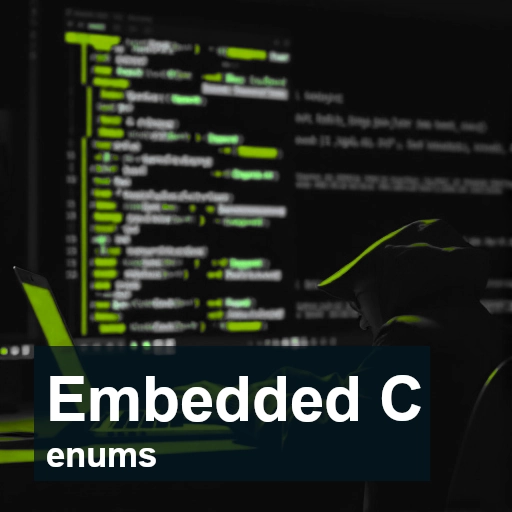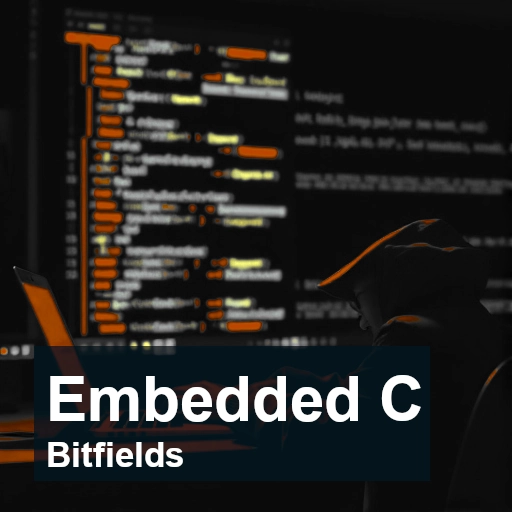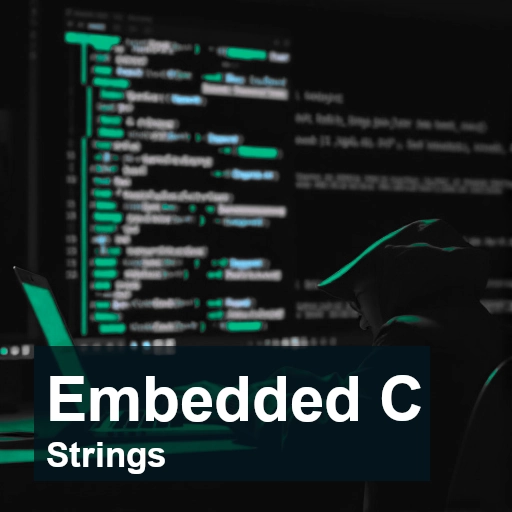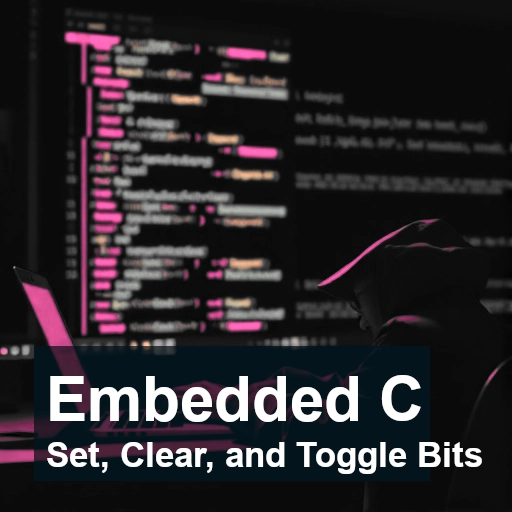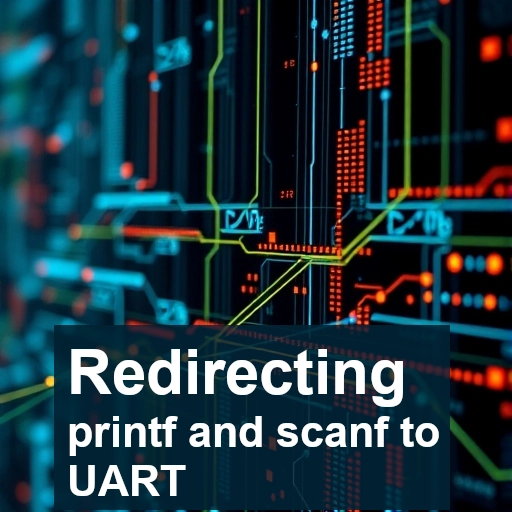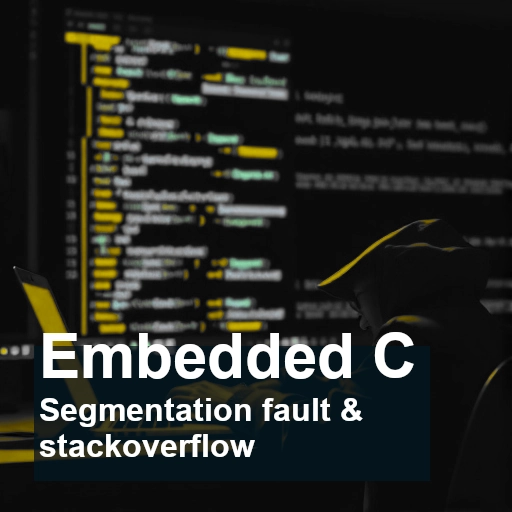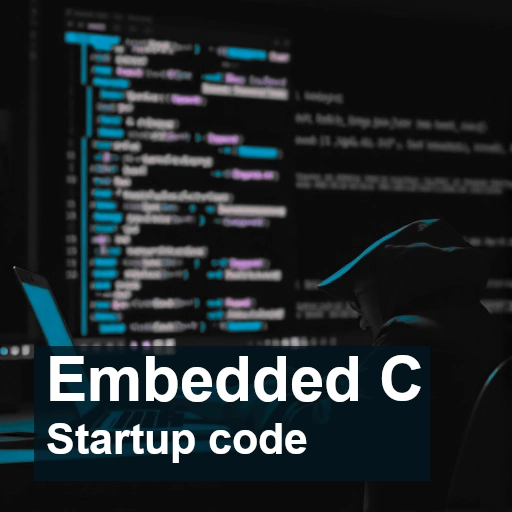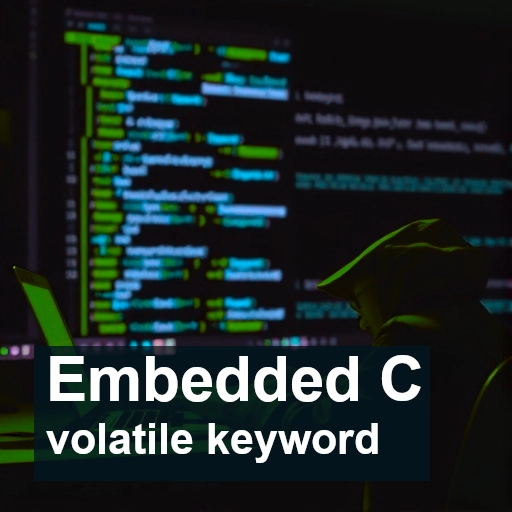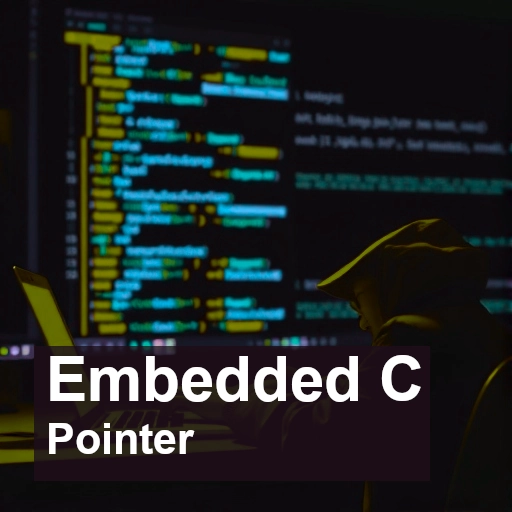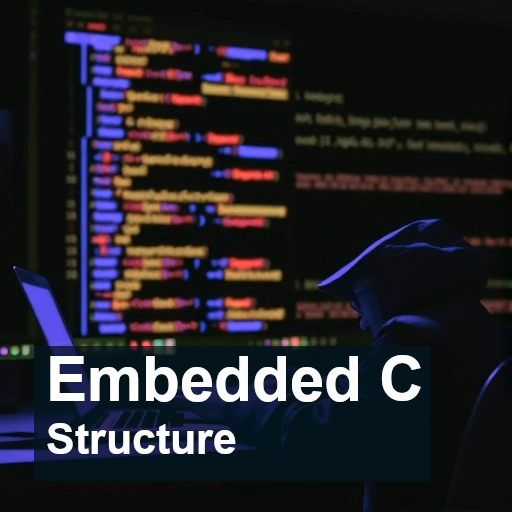In the C programming language, enums (short for enumerations) provide a way to define a set of named integer constants. They are often used to represent variables that can take a limited set of values, making the code more readable, maintainable, and less error-prone. Instead of using arbitrary numbers, you can use meaningful names that represent specific values, making your program more intuitive to work with.
Understanding Bitfields in C Programming
Bitfields in C enable the storage of integer values in a compact manner, by specifying the exact number of bits allocated to a field within a structure. This is particularly useful when a program needs to work with data where only a small number of bits are necessary.
Understanding Strings in C: A Comprehensive Guide
In C programming, strings are sequences of characters stored in an array of characters. While C does not have a built-in string data type like many modern programming languages, strings are handled through arrays of characters. Understanding how to work with strings in C is fundamental for any programmer.
Set, Clear, and Toggle Bits in C: A Comprehensive Guide
n embedded systems programming, bitwise operations are fundamental for manipulating individual bits within a byte or word. This level of control is essential for configuring hardware registers, reading sensor data, and controlling various peripherals. Among the most common bitwise operations are setting, clearing, and toggling bits.
Redirecting printf and scanf to UART in Embedded Systems
One of the most common approaches to facilitate debugging or user interaction is by redirecting the standard input and output functions, printf and scanf, to UART. This enables developers to print debug information, receive user input, or configure the system through a serial terminal.
Segmentation Fault and Stack Overflow in C
In the world of C programming, two common types of runtime errors that programmers encounter are Segmentation Faults and Stack Overflows. Both are serious issues that cause a program to crash, but they occur due to different reasons. Understanding the causes, differences, and ways to prevent or handle these errors is crucial for writing stable and efficient C programs.
Startup Code in MCU: A Critical Component for Embedded Systems
Startup code is the first piece of software that runs after a microcontroller powers up or resets. This code prepares the MCU for normal operation by performing several tasks that are critical for the functioning of the system. The startup code is executed before the main program (often called main() in C) and is responsible for setting up hardware, memory initialization, interrupt handling, and sometimes basic system configurations.
Understanding the volatile Keyword in C
In C, the volatile keyword is used to tell the compiler that a variable may change at any time, outside the normal program flow. This means that the compiler should not assume the value of the variable remains constant during the execution of the program. The compiler typically optimizes code by assuming that the value of a variable does not change unexpectedly, but this assumption can be dangerous when dealing with hardware registers, memory-mapped devices, or variables that might be altered by interrupts.
Understanding Pointers in C
A pointer in C is a variable that stores the memory address of another variable. Instead of holding a data value like an integer or a character, a pointer holds the address where the actual data is stored. This enables C programmers to manipulate data indirectly through the pointer's address, offering greater flexibility and control over memory.
Understanding Structures in C
In C programming, a structure is a user-defined data type that allows the combination of data items of different types under a single unit. Structures are a powerful feature of C, enabling programmers to organize and manage data efficiently. With structures, related data can be grouped together, making it easier to manipulate and process them in a cohesive manner.

